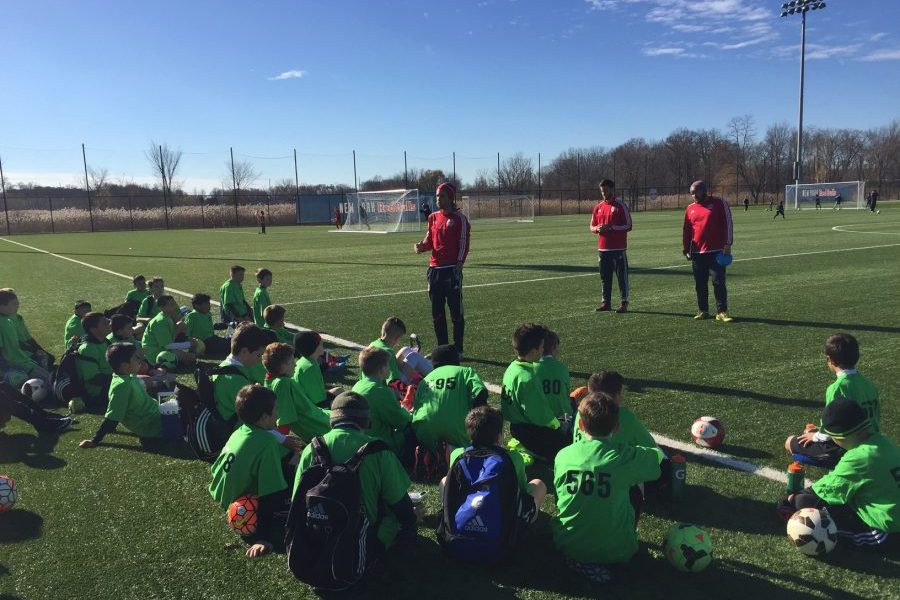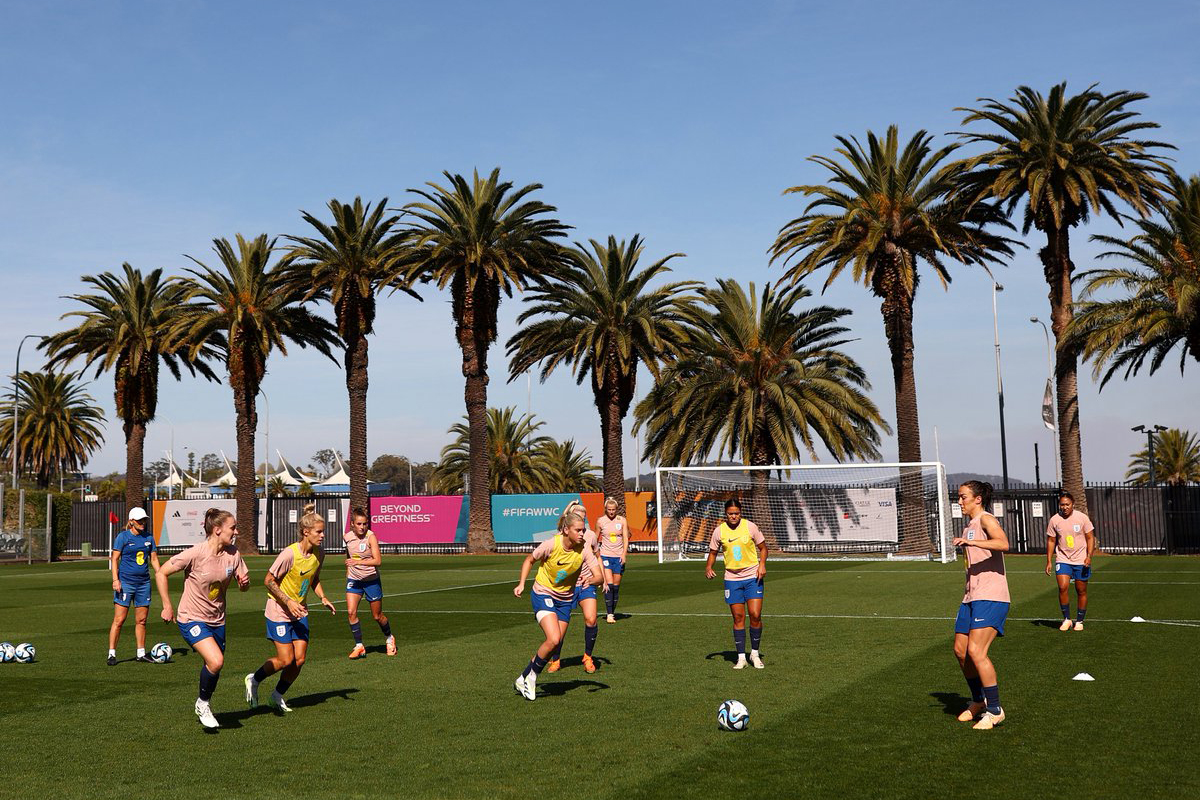We know. You love tryouts. We do too. What’s not to love what with all the stress, the fear of missing out, awkward conversations with people who are friends but their kid might take your kid’s spot on the team, and did we mention stress…
Audio PlayerIn this episode, Robert and Coach Reed talk about the ins and outs of tryouts and how to navigate them so you can come out the other side relatively sane. It’s worth listening to the entire podcast, but we’ve summarized a few top tips for those who aren’t able to fit it into your schedule.
- Remember to keep an open mind.
- There are challenges regardless of whether the coaches are paid professionals or volunteers.
- It is hugely difficult to narrow down a huge pool of kids into cohesive teams and coaches feel that stress as well.
- Make sure you scout any new club you’re considering beforehand.
- Seek advice outside of people actually working at the club.
- Talk to parents with children who already play there.
- Be wary of clubs bragging about results. This is an indication of what’s most important and how decisions are made.
- Be careful about blindly trusting a coach just because she or he has got a high qualification or played at a high level.
- There is a lot more that goes into coaching than knowing technique and tactics or having a playing pedigree.
- People skills and player management are equally important.
- Remember to keep the big picture in mind. Chasing a scholarship is not a good bet and can often lead to making decisions that come at the expense of the player’s enjoyment of the game.
- The actual chances of a college scholarship are 3% for high school players.
- Remember to keep any stress you feel off of the players.
- Adults stress. Not kids. Kids have to be taught to stress.
- Try to emphasize them doing their best and having fun without making it a pressure on them.
- Your interactions with coaches and your approach to speaking to them are important.
- Very few people respond well to over persistence.
- Be respectful of their time and schedule a time to talk where both parties can give the discussion the attention it deserves.
- Disappointments will come, but reacting well to them is a far more valuable lesson for players.
- Be prepared for both good and bad news.
- If you don’t get in the club you want, ask the coach if he or she knows of any other good clubs or coaches they can recommend.
It’s an hour long, but well worth listening to as Coach Reed is a former competitive club coach and State Cup winner who pulls no punches and brings a very balanced point of view.

“Shot Happens, but it doesn’t have to ruin all the fun.”
Shot Happens is a podcast all about the trials and tribulations of youth soccer in America. Show hosts Coach Reed (the Cranky Veteran) and Robert Hay (the Thoughtful Rookie) discuss the hot topics all soccer parents face. No shots are held as they tell all and help you navigate the wild world of competitive soccer..





